Will Digital Knowledge Complement or Undermine Human Knowledge?
Introduction
In the era of readily available digital information and AI assistance, a critical question emerges for educators: to what extent does digital knowledge enhance traditional learning, and conversely, does it pose a risk of undermining the essential process of learning and understanding?
As professional instructors, we understand the importance of fostering deep comprehension and critical thinking in our students. However, the ease with which learners can access instant solutions through digital platforms raises concerns about the potential compromise of the learning process.
Scenario
Consider this scenario: as an instructor, you request a coding solution from an AI, and it promptly provides the correct answer. While this may seem efficient, there is a legitimate worry that students can and will do the same and might miss out on the vital journey of problem-solving, debugging, and understanding the underlying concepts.
To illustrate this very point, the following was my query to ChatGPT, equally a good programming exercise, and the answer was instant as follows.
Query to ChatGPT:
Write me Python code to read a text file, and work out the percentage distribution of alphabetic letters in the text.
ChatGPT Reply:
Certainly! Here’s a simple Python code snippet that reads a text file and calculates the percentage of alphabetic letters:
import collections
def calculate_letter_percentages(filename):
"""Calculates the percentage distribution of each letter (a-z) in a file.
Args:
filename (str): The name of the file to analyze.
Returns:
dict: A dictionary containing the percentage distribution of each letter.
"""
with open(filename, 'r') as file:
text = file.read().lower() # Convert text to lowercase for case-insensitivity
letter_counts = collections.Counter(text) # Count occurrences of each letter
total_letters = sum(letter_counts.values()) # Calculate total number of letters
letter_percentages = {}
for letter, count in letter_counts.items():
if letter.isalpha(): # Only consider alphabetic letters
percentage = (count / total_letters) * 100
letter_percentages[letter] = percentage
return letter_percentages
if __name__ == '__main__':
filename = 'example.txt' # Specify the filename and path
percentages = calculate_letter_percentages(filename)
for letter, percentage in sorted(percentages.items()):
print(f"{letter}: {percentage:.2f}%") # Print results with two decimal places
Discussion Points
- Learning vs. Quick Solutions: How can we strike a balance between leveraging digital tools for efficiency and ensuring that students actively engage in the learning process?
- Critical Thinking Skills: In what ways can we encourage the development of critical thinking skills, ensuring that students don’t merely rely on answers but comprehend the methodologies behind them?
- Assessment Strategies: What assessment strategies can be implemented to gauge genuine understanding, preventing the shortcut mentality facilitated by digital knowledge?
- Ethical Considerations: Are there ethical considerations in relying too heavily on AI for answers, especially in fields where understanding the process is paramount?
Share Your Insights:
As professional instructors, your insights are invaluable. Share your thoughts on how we can navigate this delicate balance, ensuring that the integration of digital knowledge complements, rather than undermines, the rich tradition of human learning and understanding.
Let’s discuss and strategize together to maintain the integrity of the learning process in an increasingly digital age. How can we harness the benefits of technology while safeguarding the essence of true education?
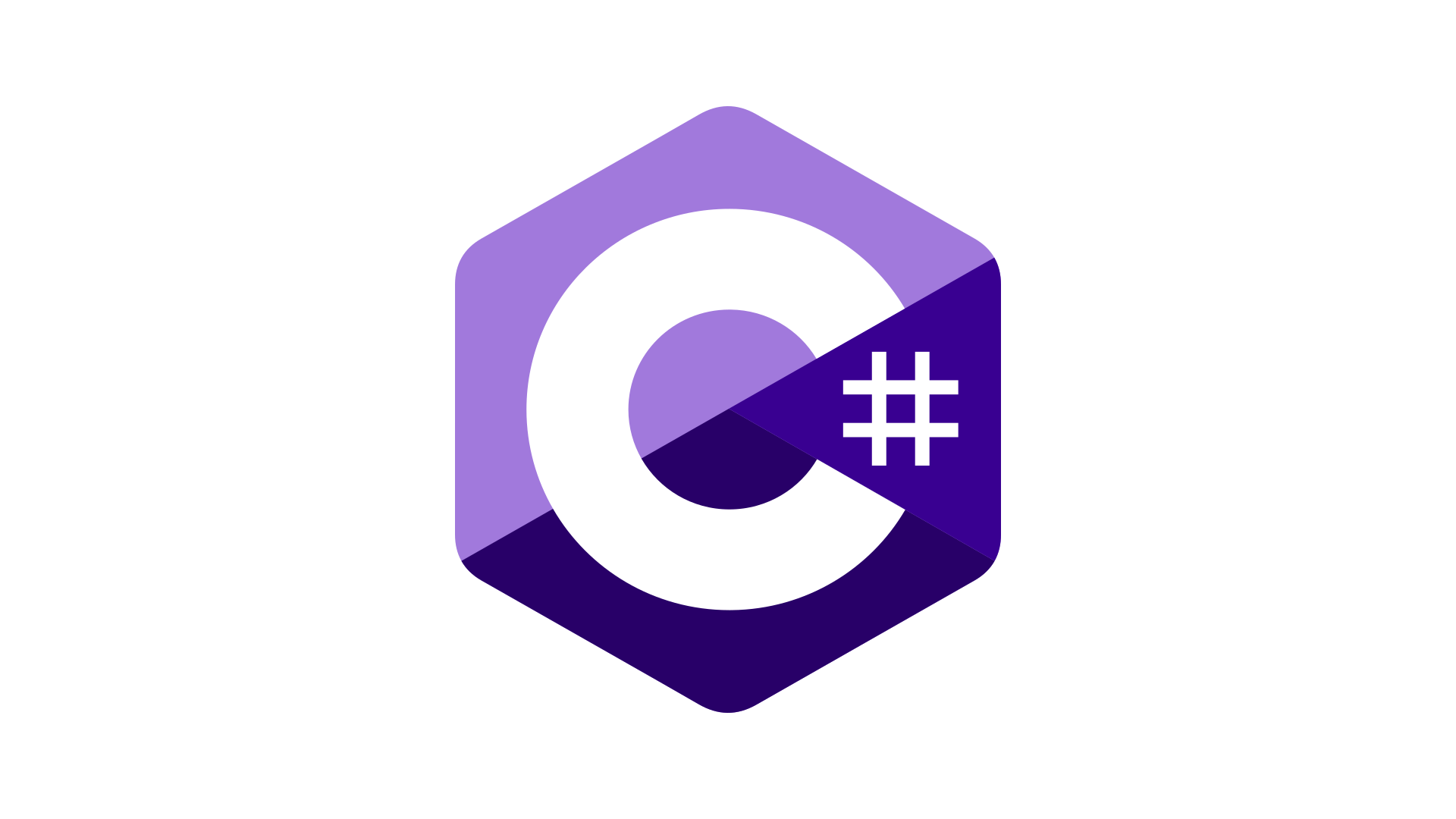
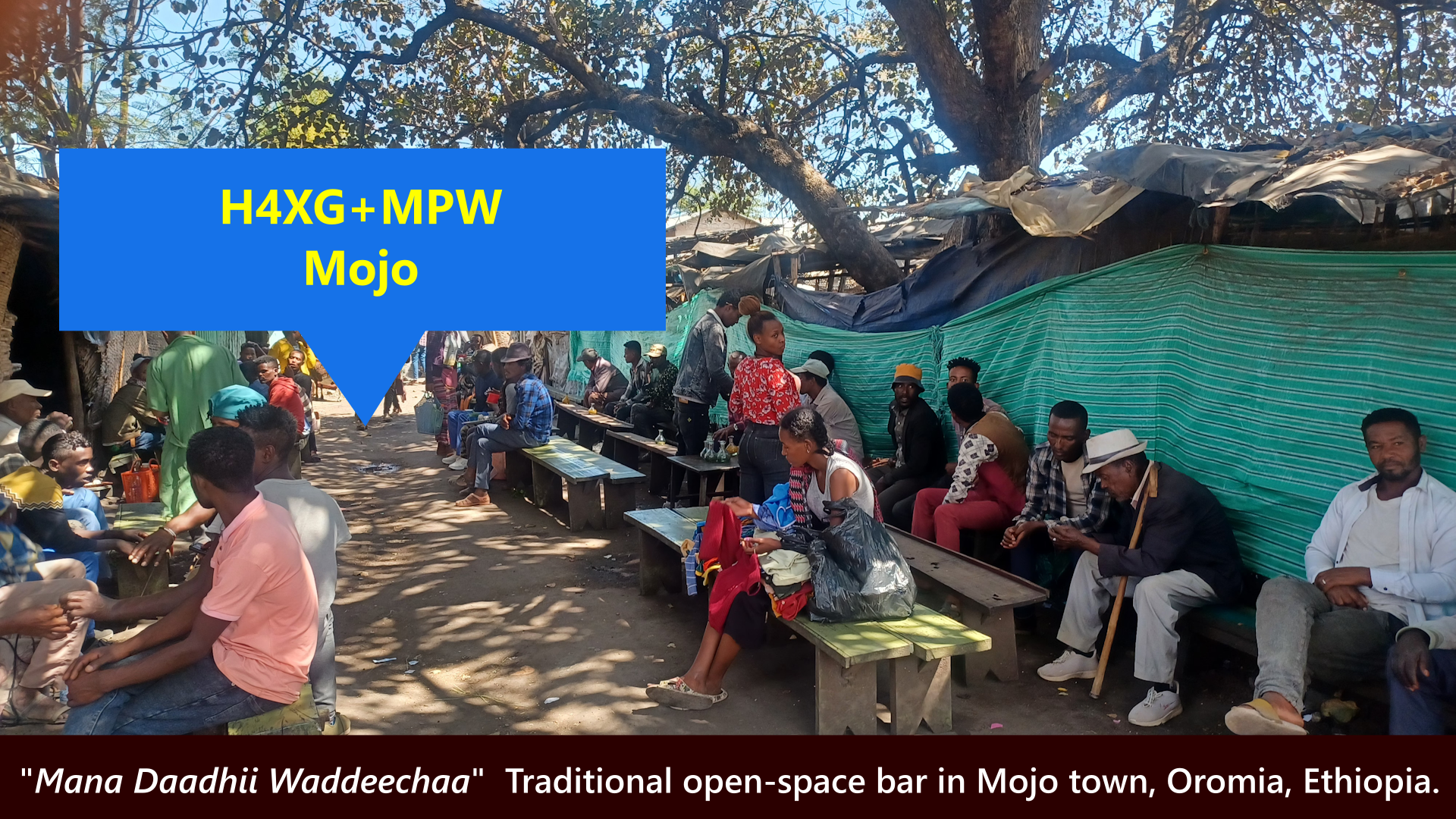





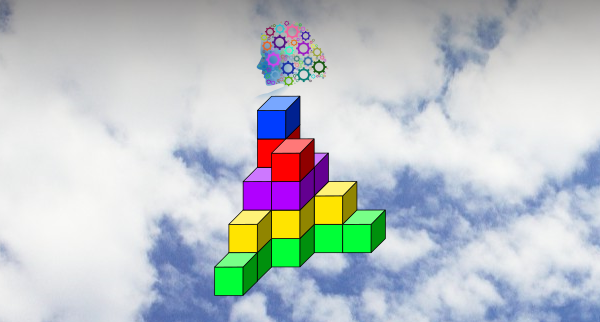



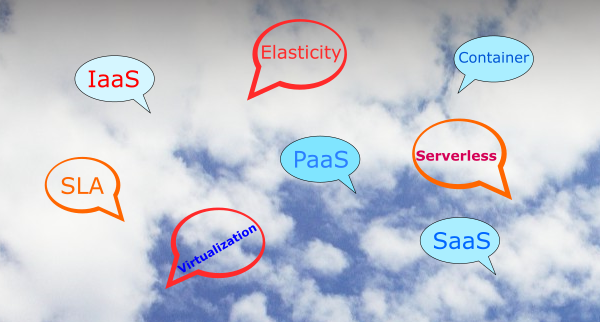

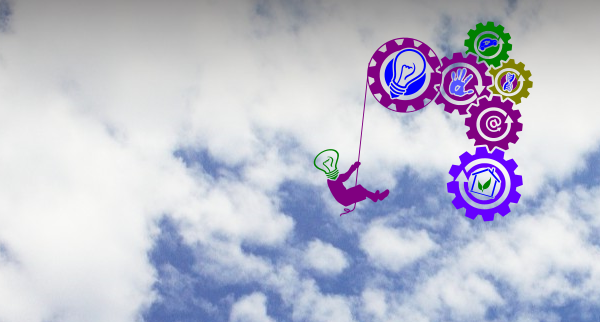


0 Comments